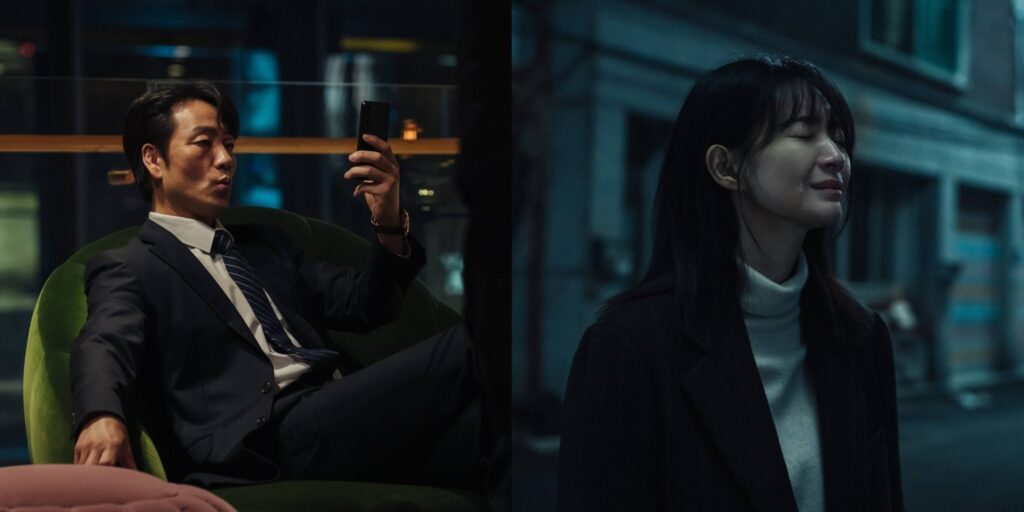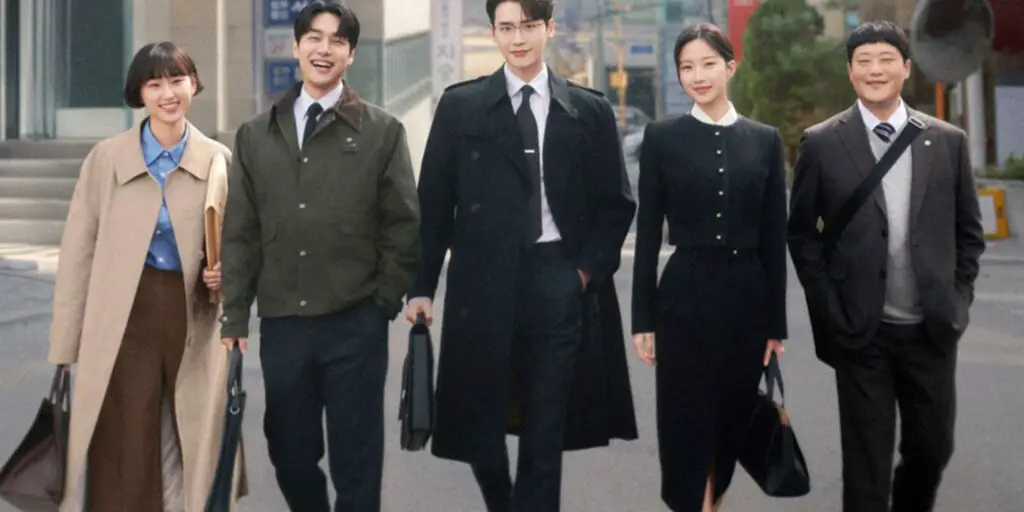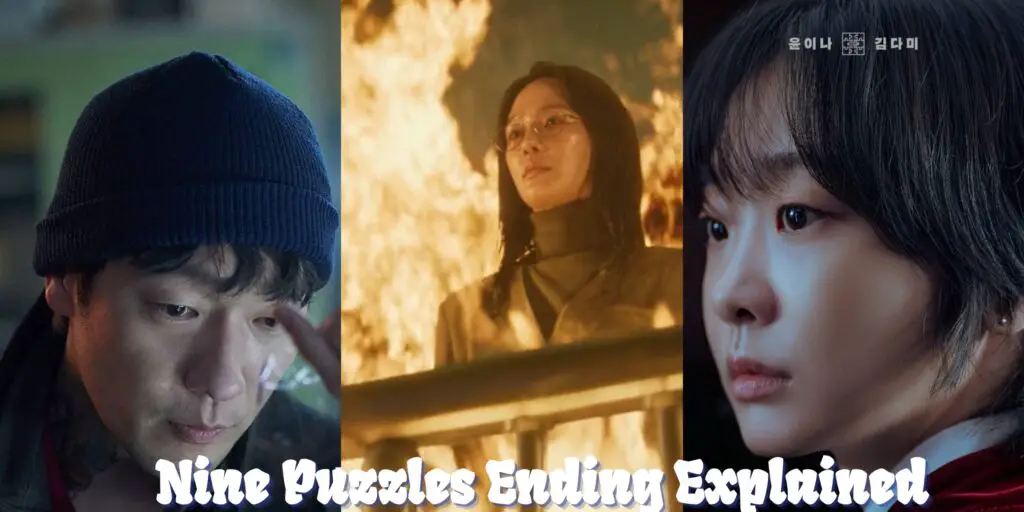The Karma (2025) review tells a dark and emotional story in just six episodes. It looks simple at first. But it turns into something much heavier than the trailer showed. It doesn’t just talk about guilt or revenge. It explores how people’s choices—big or small—can lead to pain they never saw coming. And sometimes, even fate plays a part.
What’s special about Karma is that each character is messy and flawed. Nobody is completely innocent. At the same time, not everyone deserved the way they ended up. That’s what makes the story feel real. Viewers are left thinking, “Was it fate? Or was it their fault?”
Let’s look at Park Jae-yeong. He was deep in debt and had no way out. He was already living on the edge. Even if things had gone differently, a loan shark might have still ended his story. But the way he died in the show was way worse. That’s not just fate—it’s cruelty mixed with poor choices.
Then there’s Han Sang-hoon. He cheated on his wife. His career was built on lies. Eventually, things caught up to him. But the way he died was brutal. Too brutal, honestly. He got trapped, tortured, and murdered. That level of violence didn’t seem fair compared to what others had done.
How Much of Their Karma Was Their Own Doing?
The show makes one thing clear. All the characters were heading toward some kind of downfall. Maybe not all would’ve died. But they would’ve paid in one way or another. Even Kim Beom-joon, who was obsessed with revenge, didn’t come out clean. He took someone else’s identity to escape from the police.
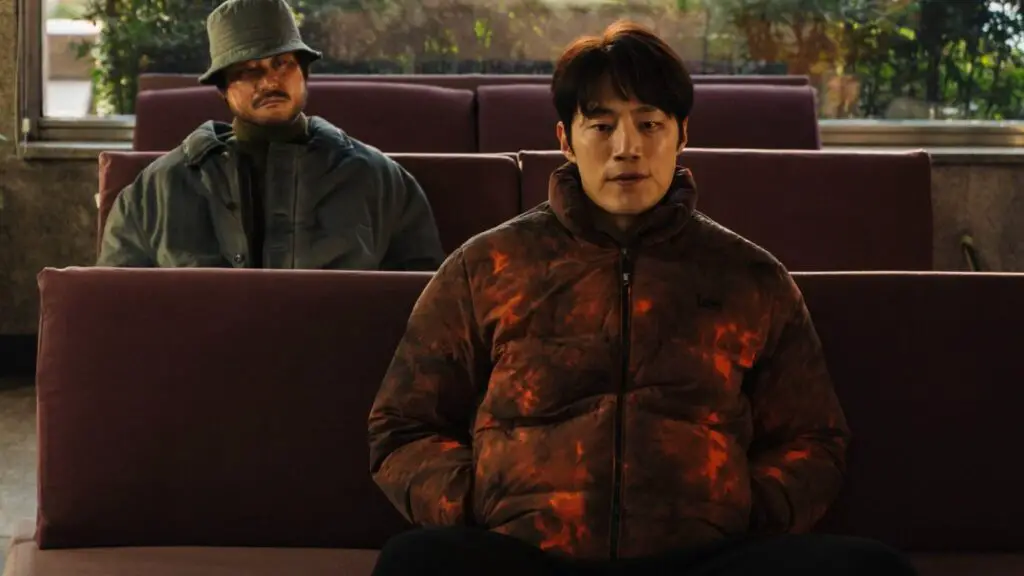
The only one who somehow got away was the shady doctor. He worked with the loan shark, helped with illegal organ harvesting, and still managed to escape. At the end, he kills Beom-joon. Then, he lives peacefully with Joo-yeon. It feels strange. But maybe Karma is also showing that life isn’t always fair.
Did Some Deserve It More Than Others?
Sang-hoon’s ending stands out. Sure, he did wrong. He lied and cheated his wife. But compared to what others did—like Jae-yeong’s actual crime—his punishment felt extreme. Some characters were part of a much darker act. Yet Sang-hoon’s death was among the most violent.
The drama makes you think about justice. What’s enough? And what’s too much? That’s the uncomfortable truth Karma leaves behind.
Were There Other Ways Out?
Yes. There were better choices. Take Sang-hoon again. He was drunk when he hit someone with his car. If he had just reported the accident, things might have been different. The law would still punish him, sure. But probably not with death. Instead, hiding the truth made everything worse.
Same with Jae-yeong. If he hadn’t followed Beom-joon’s plan in high school, things might not have spiraled so badly. That single moment—the choice to assault Joo-yeon—started a chain of events that led to tragedy.
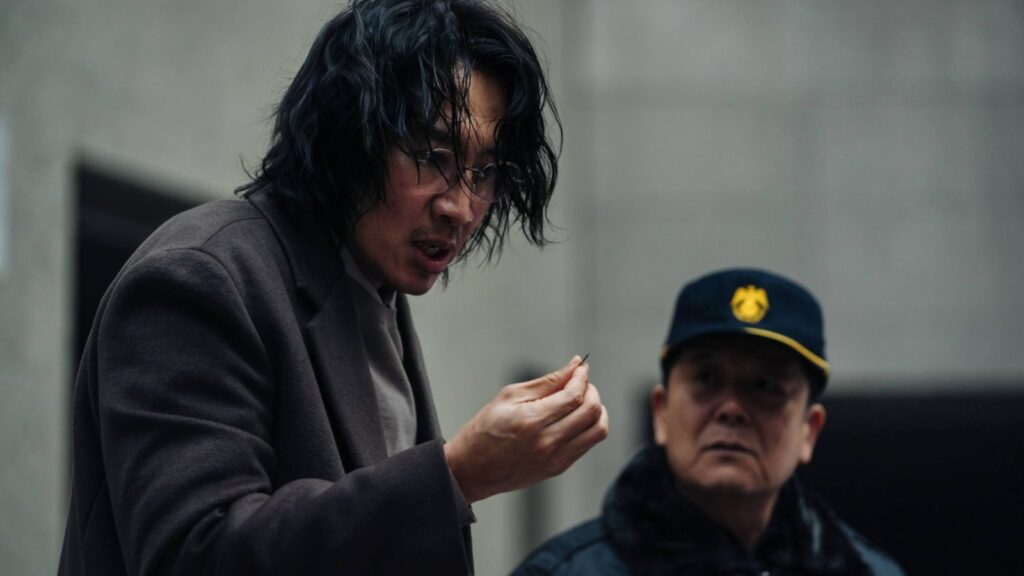
How Are They All Linked?
This is where the show gets even darker. Jae-yeong, Beom-joon, Yoo-jeong, and Joo-yeon were all classmates. The high school connection changes everything. Beom-joon pushed Yoo-jeong to hurt Joo-yeon because of jealousy. Then Jae-yeong joined in, along with two others. That one act destroyed lives.
Years later, the truth comes back. One by one, each person involved starts paying the price. Beom-joon thinks he’s delivering justice by pretending to be Jae-yeong. But he ends up being killed too. There’s no clean end for anyone.
A Short Drama With A Lot To Say
Even though Karma has only six episodes, it tells a full story. It moves fast. But nothing feels rushed. It’s heavy without being over the top. There are no heroes here. Just people making bad decisions and living with the outcome. This Karma (2025) Review focuses on how their choices led to tragedy. It’s not just about the plot, but why things ended the way they did.
The same Karma (2025) Review shows how one moment, like a jealous act or a lie, can follow someone for years. The drama reminds us that actions stick. Sometimes, there’s no way to fix what’s been done.
It’s rare to see such a short drama hit this hard. Karma didn’t need 16 episodes. In just six, it showed enough pain, regret, and tough questions to last a while. It’s not the easiest show to watch, but it’s definitely worth talking about.
Kavita Mishra is a dynamic writer and passionate Korean entertainment enthusiast, combining her love for K-pop and K-drama with a flair for storytelling. With a keen eye for the latest trends, Kavita crafts articles that capture the pulse of K-pop idols, chart-topping hits, and the most buzz-worthy dramas taking over screens worldwide.
How Does this Article Make You Feel?
